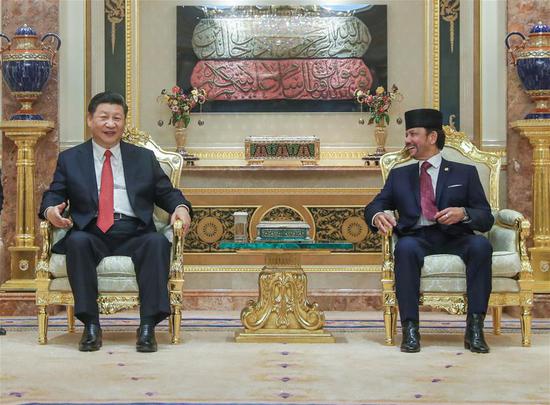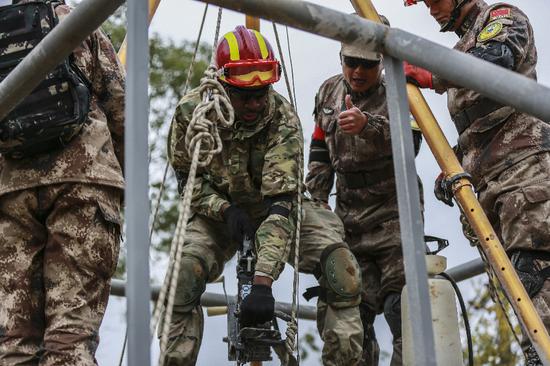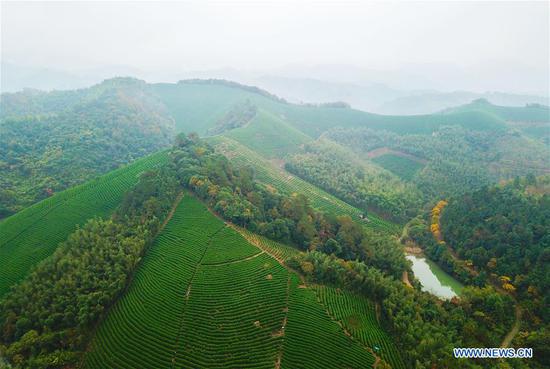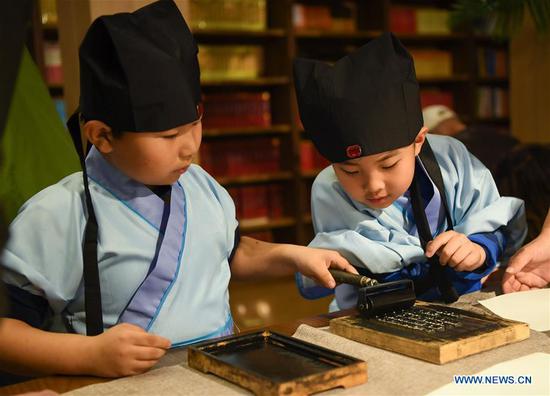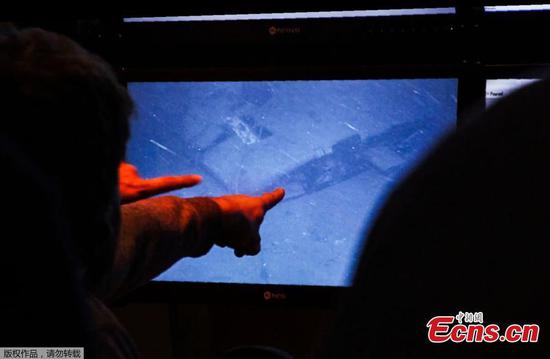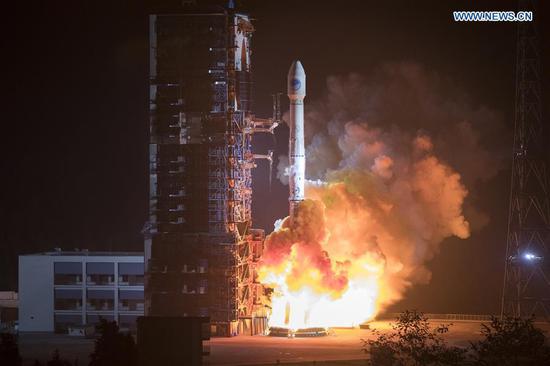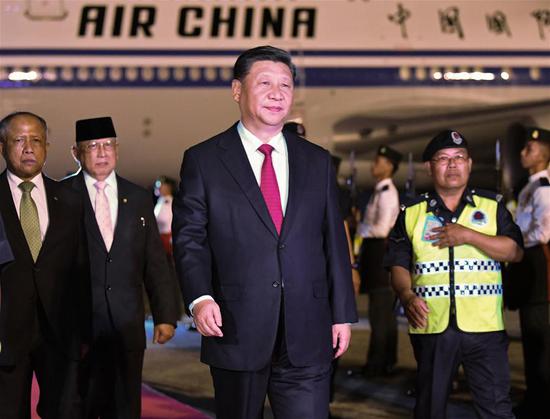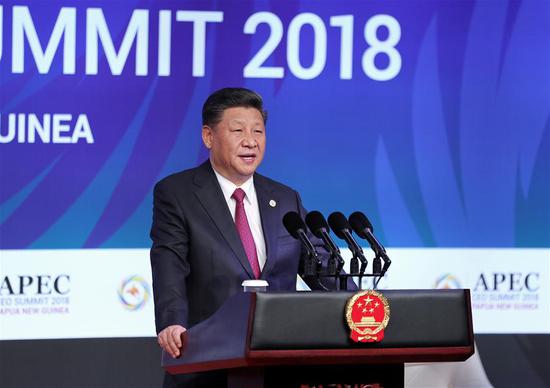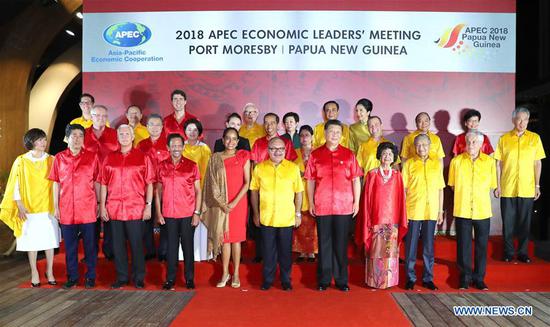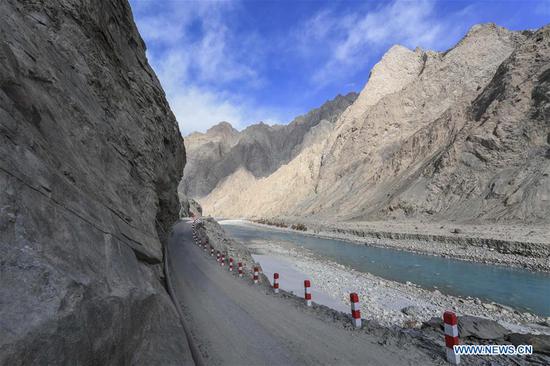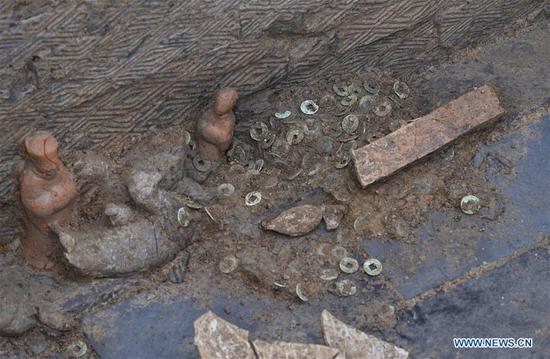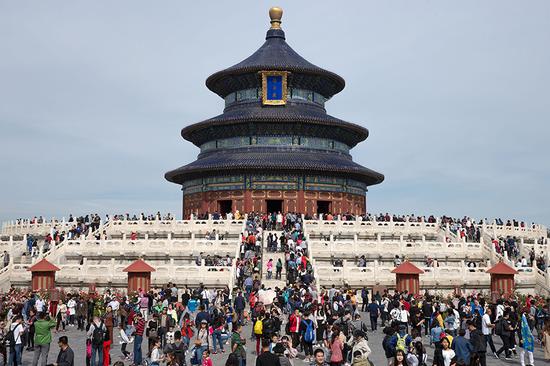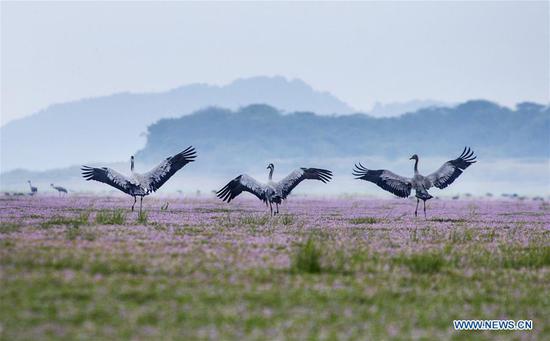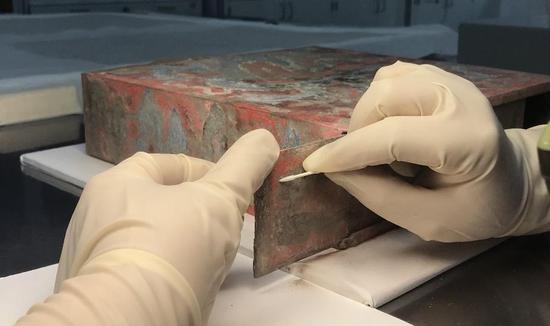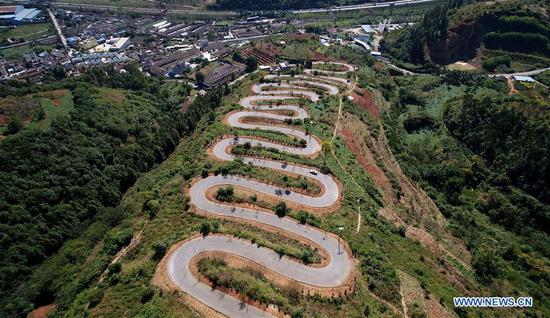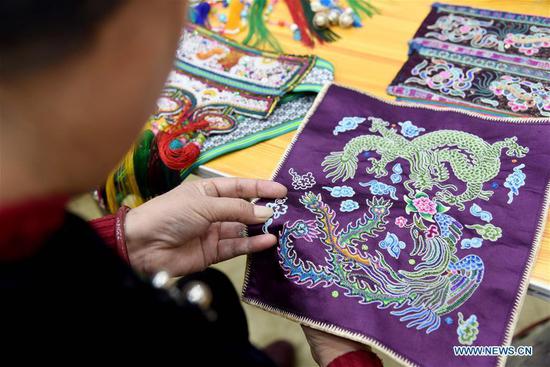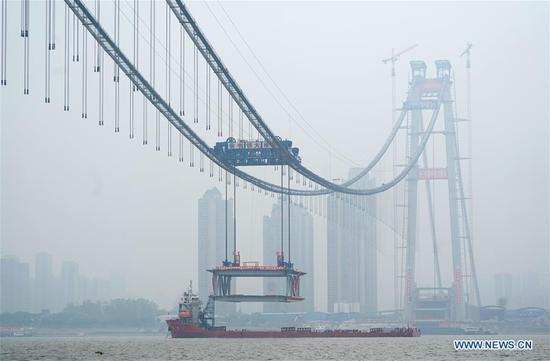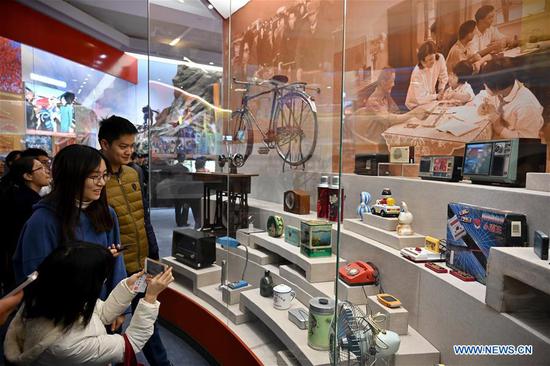The Belt and Road Initiative injects vitality into the Association of Southeast Asian Nations and helps unleash economic growth, an ASEAN-China Center official said.
Chen Dehai, secretary-general of the Beijing-based intergovernmental organization, said that China and ASEAN have seen fruitful outcomes in their joint building of the Belt and Road. The BRI provides a key platform for the facilitation of trade and investment cooperation.
There has been greater synergy between the BRI and the development strategies of ASEAN countries. Construction work on a number of landmark infrastructure projects, such as the Jakarta-Bandung high-speed railway and China-Laos railway, is making progress, he said.
Chen said there is now even stronger incentive for enhancing ties between China and ASEAN.
President Xi Jinping, who is currently on a visit to ASEAN members Brunei and the Philippines, has proposed building an even closer community with a shared future for China and ASEAN countries. The proposed bloc will have China as an effective and cooperative partner, he said.
With the rising trend of protectionism and anti-globalization, there is now growing demand for cooperation between the two sides as both are strong advocates for multilateralism and the international trading system, Chen said.
China has been the largest trade partner for ASEAN countries for nine consecutive years. In 2017, China-ASEAN bilateral trade hit $514 billion, representing about 17 percent of the bloc's foreign trade.
The two sides have also seen fruitful cooperation outcomes in areas including education, culture, tourism, science and technology, he said.
"Relations with China have become the most important ties for ASEAN outside of the bloc, and have benefited the over 2 billion people from both sides," he said.
The two sides have also been cultivating new growth engines for cooperation. Cooperation in areas including smart cities, digital economy, artificial intelligence and Internet Plus models has been further deepened, he said.
The two sides have also been working together to further cooperation in international production capacity, and the Asian Infrastructure Investment Bank, which provided financial support for the BRI, has also received support from ASEAN countries, Chen added.
The adoption of the China-ASEAN Strategic Partnership Vision 2030 at the 21st China-ASEAN leaders' meeting last week was also a significant milestone for both sides, Chen said.
"The vision represents the joint wish of people of both sides. It not only outlines the strategic direction for future development of bilateral ties, but also ushers in more opportunities and broader space for bilateral cooperation in the future," he said.









